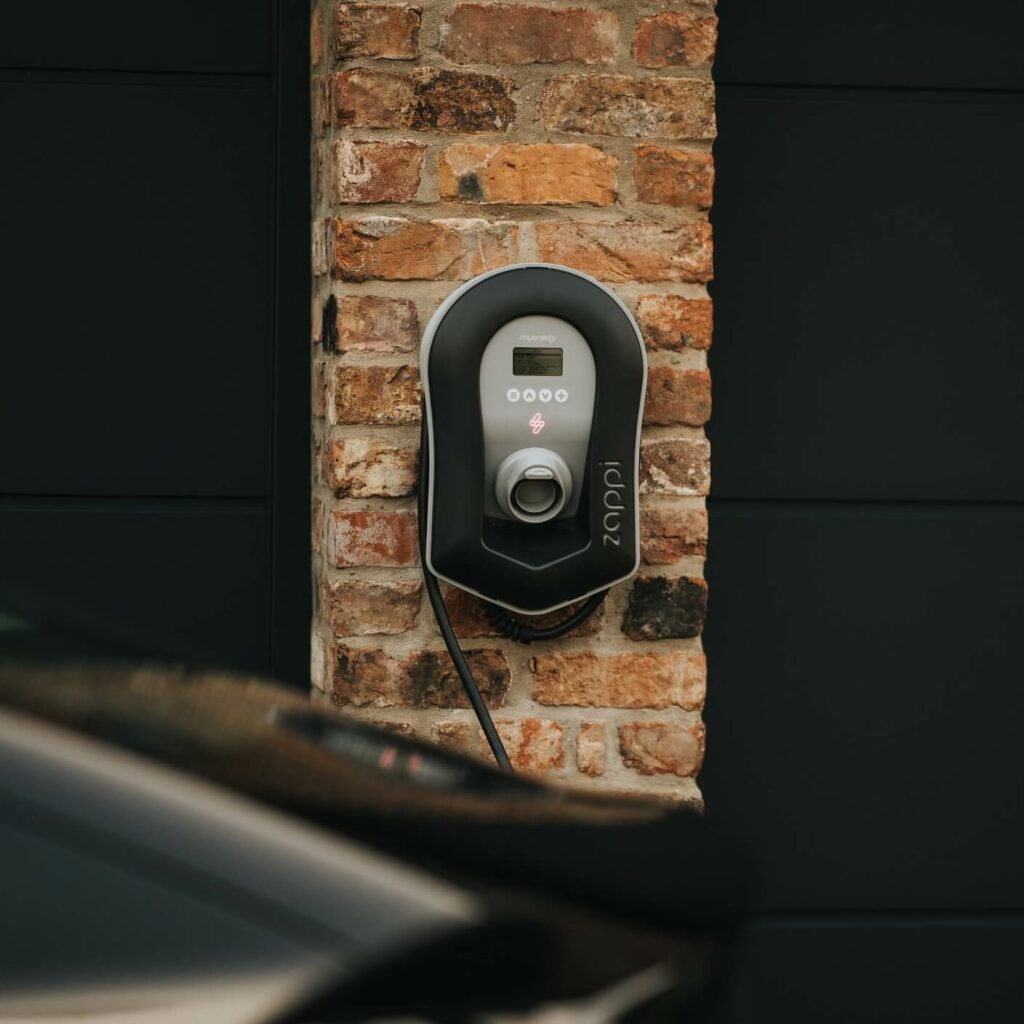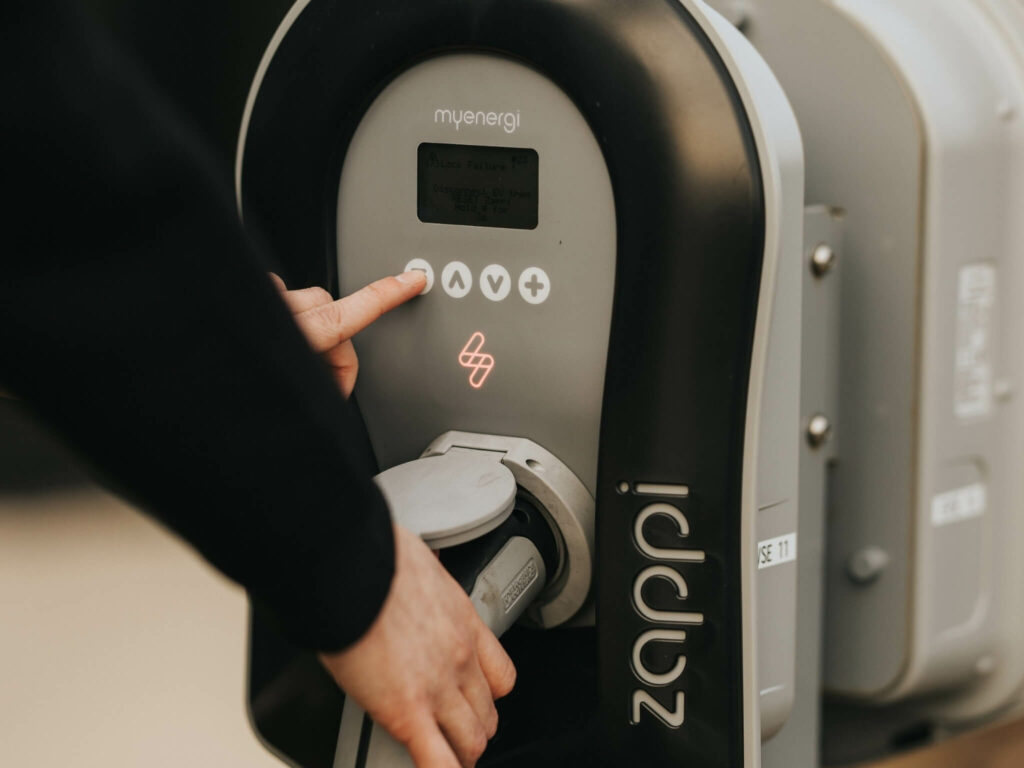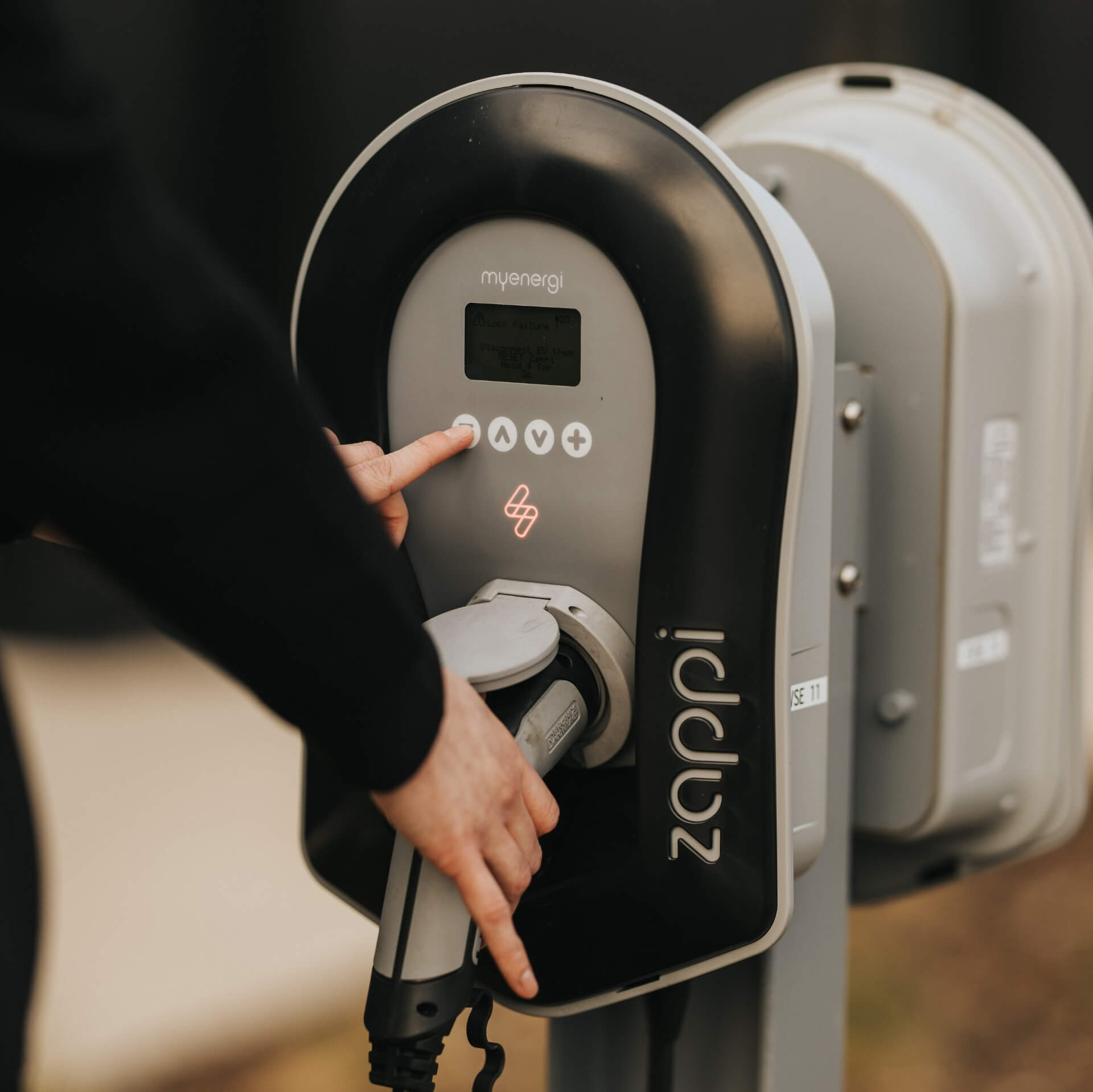Electric car myths brits believe the most
Interest in electric vehicles has exploded in recent years, with more than half of young people in the UK looking to make the switch and buy an EV of their own.
But there are still those hesitant to invest due to misconceptions that arose during the early days of electric vehicles and never really went away. We are here to debunk the myths that most Brits believe around EV’s!

“There aren’t enough charging points”
In reality, there are now over 200,000 EV charging stations across the UK, stretching from the John O’Groats to Land’s End.
Due to their compact size and easy installation, you might have even driven past one at your local supermarket or services without even realising it.
They might take longer to recharge than petrol or diesel, but if you are doing your food shop or taking in the local sights, your car can charge while you are out and about.
The availability of charge points is also very accessible, with maps and apps free to download that show you when each charge station is along your journey.
“Electric cars don’t go very far on a single charge”
This myth has been around since EVs were in their infancy back in the 1970s and yes, they could only go about 40 miles on a single charge.
However, nowadays most pure electric cars can reach an average of 195 miles per charge, with some models going even further.
And let’s be honest, how far do you usually drive without stopping? The average journey in England is under 100 miles, so an EV is still a great choice of vehicle.

“Electric car batteries end up in the landfill after 2 years”
Not only do EV batteries last much longer than most people believe, they can also be recycled!
Modern EV car batteries are made with sustainability in mind and so most of the materials can be recycled. Additionally, EV car batteries that no longer have the power to run your car can be used as solar panel storage batteries for your home instead.
And regarding the life of the battery itself? You are looking at much longer than 2 years, with most EV batteries offering a lifespan of 10 years and more.
“EVs are so expensive!”
This one is not as clear cut as some of the other myths on this list. In truth, EVs can cost more to buy outright, but then have a lower cost over the following years.
Electric vehicles could see you save around £1,300 a year as fuel costs continue to rise.
EVs can cost as little as 2p per mile to run, while the equivalent petrol or diesel cost is around 20p. Plus, electric cars have reduced maintenance costs due to their fewer moving parts.
You can also find tax incentives to benefit from, including zero road tax for zero emission vehicles.

“The National Grid can’t cope with all these EVs”
Despite some fears about the fragility of the National Grid, it would not, as some would believe, collapse if everyone in Britain had an EV.
In fact, the additional requirement would only be around a 10% increase – well within what the Grid can comfortably accommodate.
You may be surprised to learn that our demand on the Grid has actually decreased over recent years by around 18% – despite technology becoming more prevalent in our everyday lives.
This is because the technology we use is becoming more and more efficient, using less energy to do the same jobs, and in some cases, doing them faster than before.

“Electric cars are ugly, slow and boring!”
Delete whichever one you haven’t heard yet, but generally these complaints come down to how EVs look and how they feel to drive.
Admittedly, 40 years ago electric vehicles looked ugly, drove slowly, and generally weren’t appealing to anyone other than eccentric billionaires.
Modern EVs are nothing like their ancestors – they are stylish, speedy and a little bit sexy! Electric vehicles are generally quicker than their combustion counterparts and have all the modern bells and whistles you’d expect on standard cars.
The Tesla Model S, for example, has a speed of 0-60 in 2.5 seconds – one of the fastest in the world of any type of car.
Misconceptions and myths surrounding EVs are likely to persist for a while yet, but the truth is that electric vehicles are not only here to stay, but they are affordable, practical and sustainable to boot.


